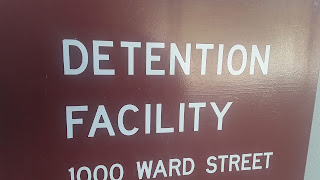Showing posts with label Bay Area Homeless. Show all posts
Showing posts with label Bay Area Homeless. Show all posts
The Contra Costa Council on Homelessness
Pete BennettNovember 10, 2021Bay Area Homeless, Contra Costa Council on Homelessness, Contra Costa County, Homeless
No comments

Rep. Adam Schiff on Impeachment, Homelessness & Tulsi Gabbard BayAreaHomeless.com
Pete BennettFebruary 04, 2020Adam Schiff, Bay Area Homeless, Bayareahomeless.com, Homeless
No comments

Content Pending very busy since I posted this information
.post {
width: 100% !important;
}
.post-footer {
display: none !important;
}
.post-header-line-1 {
display: none !important;
}
.gapad2 {
display: none !important;
}
#outer-wrapper...
HOMELESS SOLUTIONS FOR WALNUT CREEK
Pete BennettFebruary 03, 2020Bay Area Homeless, Bayareahomeless.com, City of Walnut Creek, Contra Costa Public Library, Walnut Creek Public Library
No comments

U.S. Supreme Court leaves in place ruling barring prosecution of homeless
Homeless patrol making a difference in Walnut Creek
Pete BennettNovember 26, 2019Bay Area Homeless, California, City of Walnut Creek, Dead Homeless, Homeless, Homelessness, Walnut Creek Police
No comments

Homeless patrol making a difference in Walnut Creek
ss
col-3
By Leslie Brinkley
Wednesday, September 18, 2019
WALNUT CREEK, Calif. (KGO) -- Walnut Creek this summer launched a new
homeless patrol comprised of two police officers dedicated to following
...














